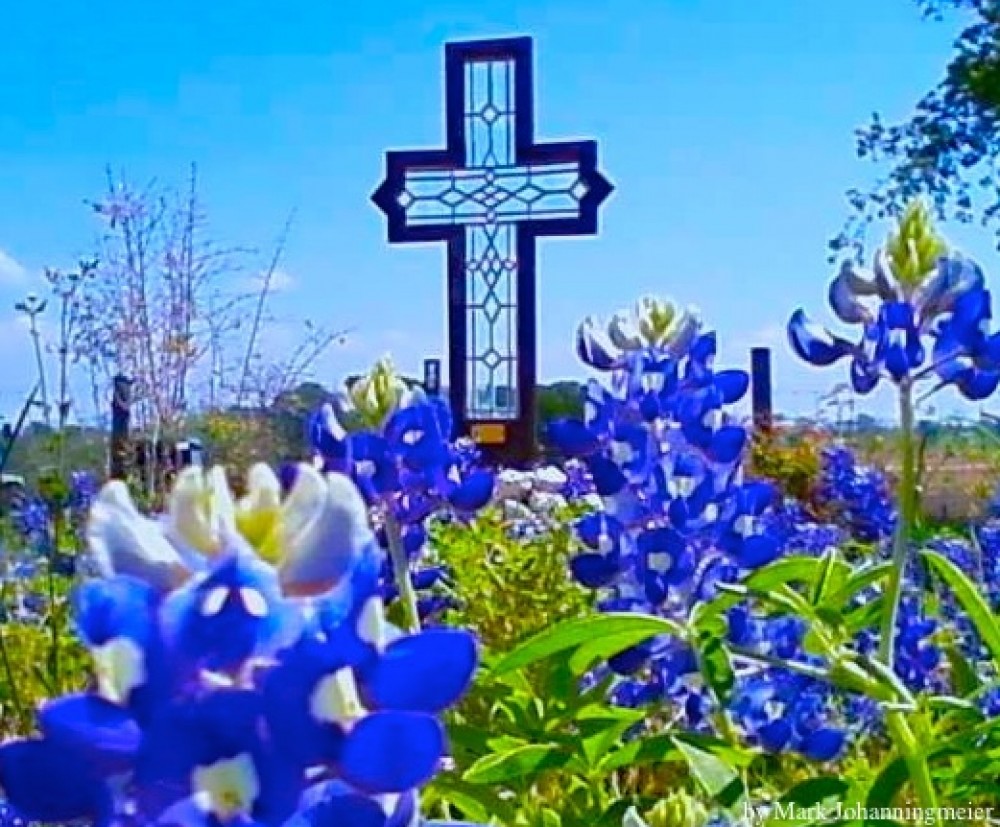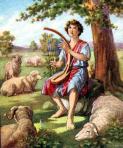Esther 9:11 On that day the number of those that were slain in Shushan the palace was brought before the king. (KJV)
In studying and pondering this Bible 911, I see this verse as “an end” and “a start”. An internet search will reveal movies, controversies, agendas, and extra verses for Esther, not bad for only ten chapters. I choose to leave those alone.
A Start
No matter what anyone says, the celebration that started in the ninth chapter, Purim, is still observed. That speaks volumes if you will let it. A pur is like some dice. It is the same idea as the Disciples “casting a lot” to pick the replacement for Judas. It is possible that is also the idea behind the Urim and Thummim.
An End
Mordecai and Esther ended the family line of Agag the Amalekite, which is something their ancestors King Saul and his son Jonathan did not do. Agag is the king of the Amalekites whom Saul was to kill in 1 Samuel 15. Please read Amalek Part 1 and Part 2.
The great victory in Esther 9:11 did not end the family of Esau/Edom and it probably did not end the Amalekites (I think). They are descendants of Abraham with a lot of history. God was not pleased with them, as shown in Exodus 17:16 and Hebrews 12:16. Even Malachi 1 has much to say about them, if Ezra did write Malachi that would fit in with the ideas in Esther 9. Most of the prophets were given words that were against Esau, Edom, and Mount Seir.
Samples of Amalekites being around after 1 Samuel 15:
- They raided Ziklag and David fought against them in 1 Samuel 29.
- One killed King Saul-2 Samuel 1.
- 1 Chronicles 4:43 has a story from the time of Hezekiah about them.
Agag’s Family Connections
- Genesis 36: 12 and 16
- 1 Samuel 15 – Agag and the homeland of Havilah to Shur (verse 7). Ishmael and the Philistines also have connections to this area.
- Esther 3:1
- Exodus 17 and Deuteronomy 25 tell the story of the Amalek attack on Israel as it left Egypt.
- Ephraim and Manasseh, while in Egypt, had raiding bands that may have terrorized the area from Shur and Havilah – 1 Chronicles 7:21 – 22.
- Ezekiel 35:5-6 speaks of an “ancient hostility” that bloomed as Jerusalem fell to Babylon. The hostility may have been Saul’s attack, or the raid in Exodus 17 that could have come from those raids in 1 Chronicles 7:21 – 22, but I have a feeling it was Esau selling and being tricked out of the right of the firstborn – Genesis 27. Amalek may have caught the offense of his grandfather and never let it alone.
If you want a study, the story and history of Esau would keep you busy for a while. Esau’s family line is recorded in Genesis 36. Reseach the Prophets also.
Esther’s Family
Esther is a Benjamite. Her uncle Mordecai’s genealogy is in Esther 2:6 and it is indicated that he was carried off with Jehoiachin. They are related to Jonathan and Saul. The Benjamite genealogy is found in 1 Chronicles 8; the very next section is the captives who returned from Babylon (that is probably from Ezra). Saul and Jonathan’s family tree is 1 Chronicles 9: 35-44. Between these passages and tradition, we believe that Esther was a granddaughter of Jonathan through Mephibosheth and his son Micah. (Please view Why Hide a Grandson There and Lo Debar a Second Look. Lo Debar was not a dump and I believe Mephibosheth was with family that was protecting him and providing for him. The last story in the Book of Judges changed a lot for the tribe of Benjamin.)
Some about Benjamin:
- He is the only progenitor of the Tribes that was born in the Promised Land. The rest were born in Paddan Aram/Haran or Egypt.
- Jerusalem and the Mount of Olives are in the territory allotted to Benjamin.
- He was the thirteenth child of Jacob. (12 sons, 1 daughter)
127 Providences
The Persian kingdom was huge. It wrapped the eastern end of the Mediterranean Sea and went to India. Jerusalem and Shushan were just two of the 127 providences, so how many actually had Jews in them? The couriers and the horses had a serious trip to take.
Times
The years in Esther are referenced by Xerxes’ rule of Persia. I wonder if the “months” are from the Jewish calendar. Movies crunch the years to fit it into a two-hour time slot.
- 1:3 is the third year of his rule, so he throws a party.
- 2:12 has twelve months of beauty treatments for the maidens.
- 2:16 is the seventh year of his reign. There was no big rush to pick a new queen.
- 3:7 is the twelfth year of Xerxes’ reign.
- 3:12 and 13 are the days of the months for the writing of the letters and the day picked to kill the Jews.
The first celebration would have been in the thirteenth year. The day of writing the letters in 3:12 would have been just before Passover.
Hebrew Jewish Months in the Old Testament – Bible History (bible-history.com)
Things that caught my attention
- Where the action and setting of the Books took place. (This is not a complete list.) No part of Esther takes place in the Promised Land. For the most part, Exodus through Deuteronomy is not in Israel. Daniel and Ezekiel are set outside of Israel with references to the Land. Jonah starts in the Land and goes to Nineveh.
- Acrostics found in Esther. The name of God is not found in Esther, but there are acrostics for it in the text. This site actually listed them, if you go searching the internet, please know there are many agendas out there. Q&A: Is God in Esther? (thirdmill.org)
- Haman, Agag, and Amalek are people who did not do right by Israel. We need to remember the real enemy from Isaiah 14:12, it is Lucifer who stirs people to attack the Jews because they are God’s chosen people through Abraham.
What is your Amalek?
This is a metaphorical question. Amalek was the first thing to attack Israel after they passed through the Red Sea leaving Egypt. They plagued Israel and the Father promised them He would fight against them. I believe they are one thing that will be put under the feet of Jesus. So, what attacked you after you repented and were baptized and is still warring against you?






